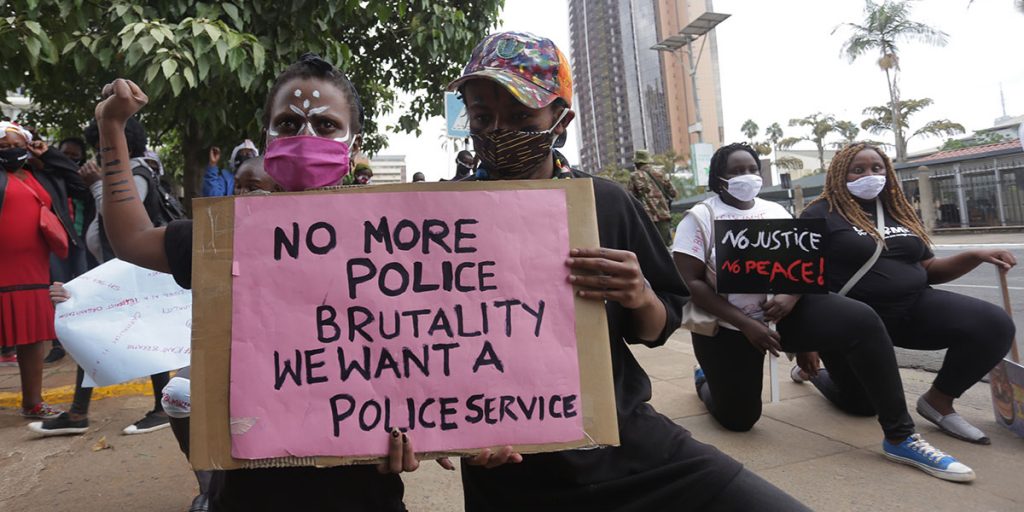
Conflict & Resilience Monitor – 17 June 2020
The spread of COVID-19, and the measures taken to contain it, will increase the risk of social unrest and violent conflict

The spread of COVID-19, and the measures taken to contain it, will increase the risk of social unrest and violent conflict
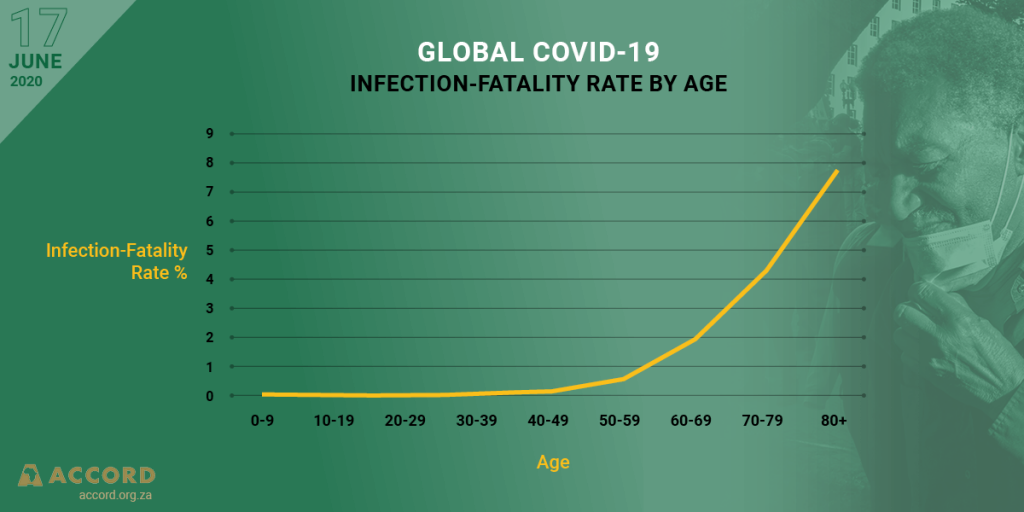
It is now clear that the elderly is the age demographic most vulnerable to COVID-19. It is estimated that the disease kills 13.4% of patients aged 80 and older, 8.6% of those in their 70s, 4% in their 60s and 1.25% of those in their 50s. However, this data comes primarily from developed countries with resilient healthcare systems. In less-developed countries, which have shorter life expectancies, high levels of pre-existing conditions known to worsen outcomes and generally weaker healthcare systems, mortality is likely to rise earlier.
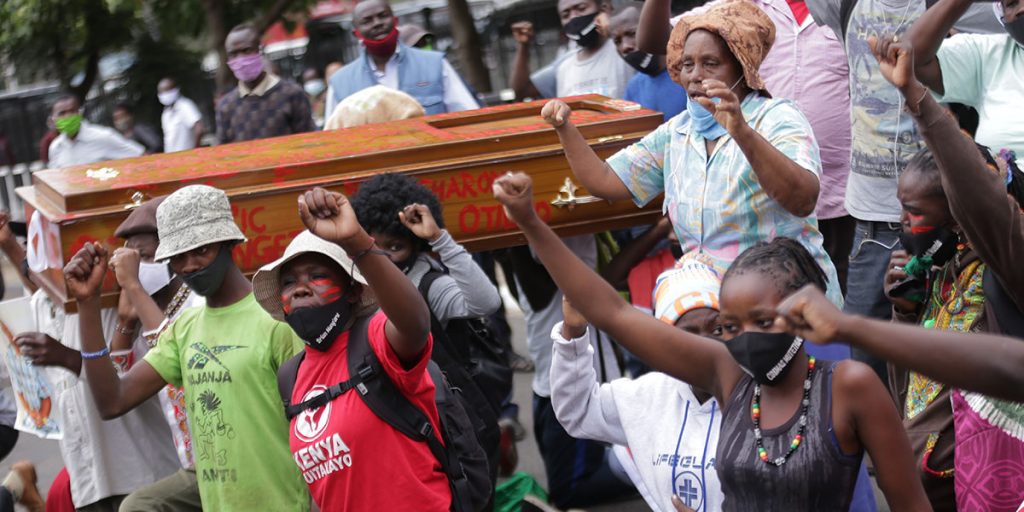
Women-led organisations that are dealing with peace, security and development are playing a key role in developing policies, strategies and guidelines for gender-responsive actions to prevent and combat COVID-19, and in post-COVID-19 recovery.
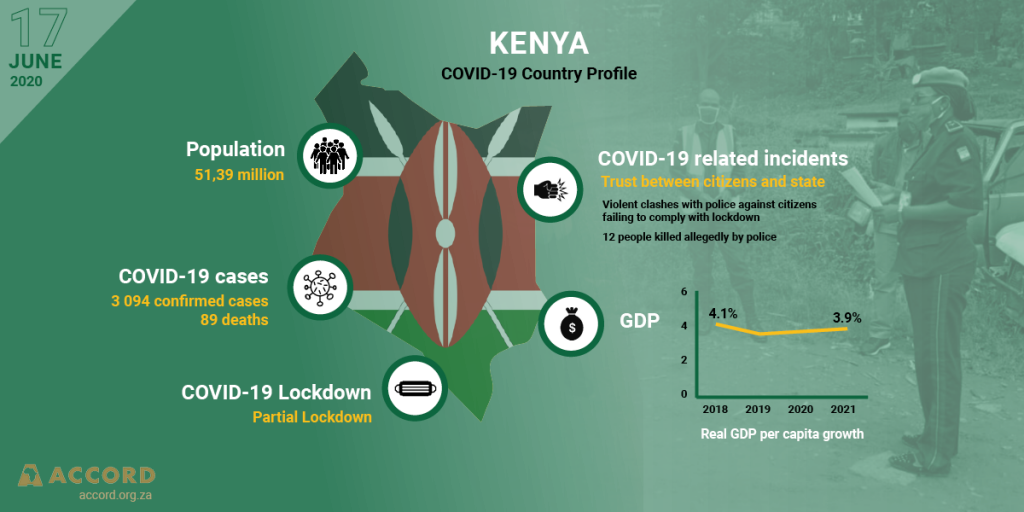
Kenya, like many countries around the world, is undergoing huge political and societal changes as a result of the coronavirus outbreak. The immediate response to this crisis in Kenya was to close down educational and religious institutions and other social places to avoid large gatherings of people, while most employers (where possible) have resorted to their employees working remotely. This article reflects on the conflict and resilience-related incidents and trends emerging out of Kenya due to COVID-19-related measures, by specifically highlighting issues of livelihoods, the economic impact of COVID-19 on gender-based violence, human rights and social unrest.
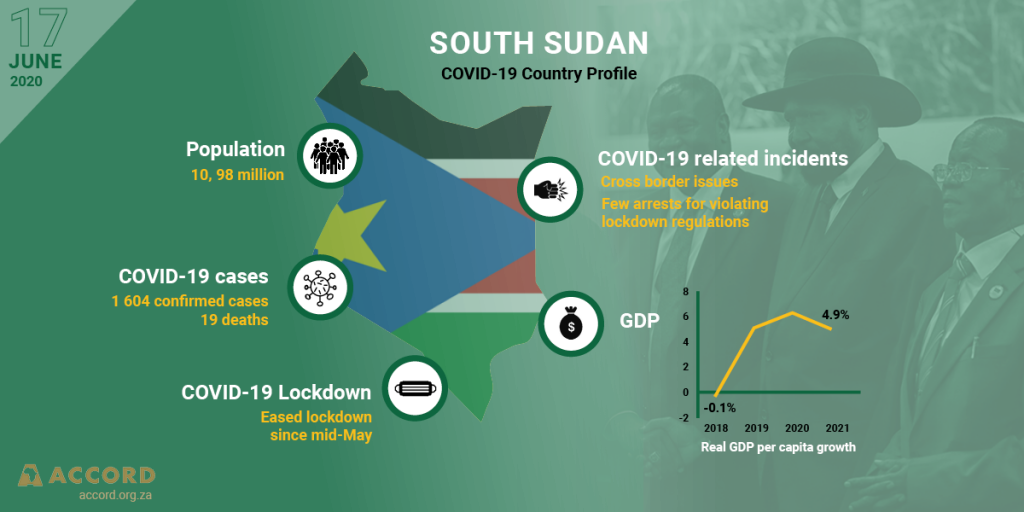
The spread of COVID-19 in South Sudan has had a negative impact on the implementation of the peace process and has placed further stress on an already dire humanitarian situation.
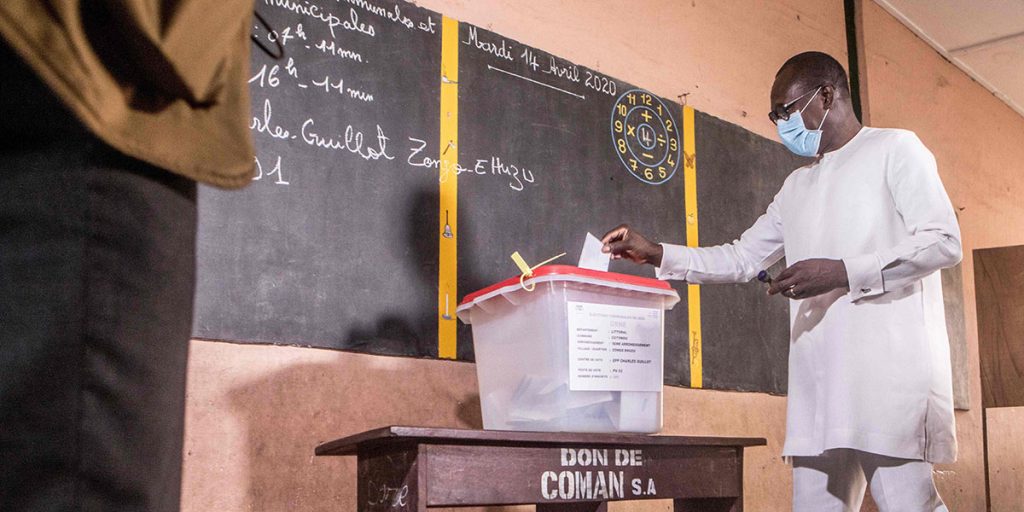
The COVID-19 measures have placed a responsibility on all of us to ensure that the strides that various African countries had made to consolidate their democracies by holding regular, transparent, and free elections are not reversed.
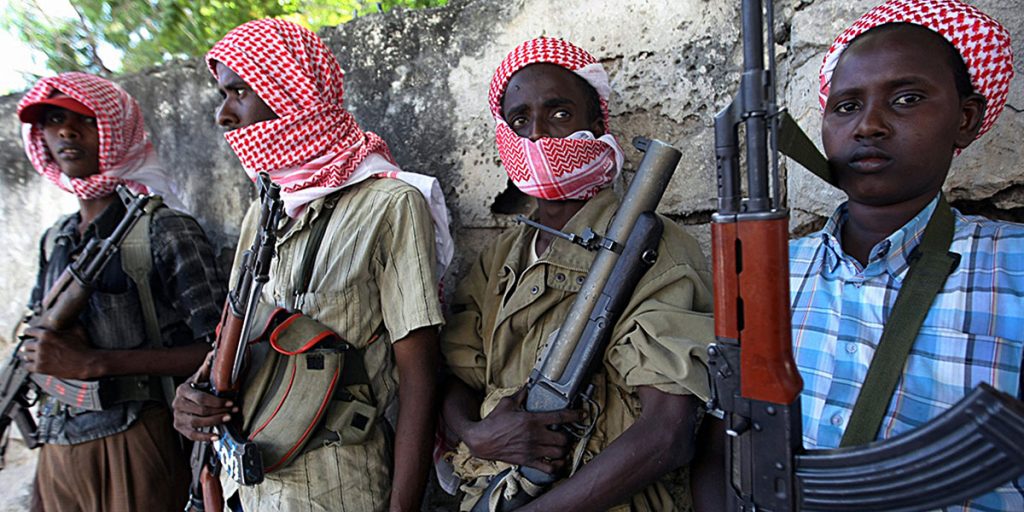
In March 2020, Mozambique registered its first case of COVID-19. Since then, the number of infections has been increasing and is spreading continuously, reaching all provinces in the country. The effect of COVID-19 in Mozambique is most worrying in the northern province of Cabo Delgado, where in addition to being the province with the highest number of infections in the country, is where the population and government institutions are subject to violent armed attacks by terrorists.
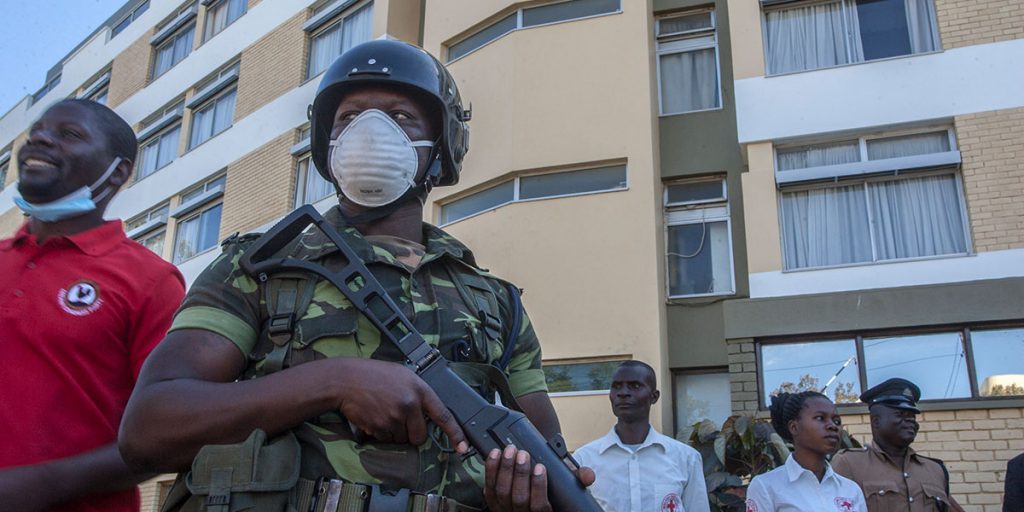
The spread of COVID-19, and the measures taken to contain it, will increase the risk of social unrest and violent conflict
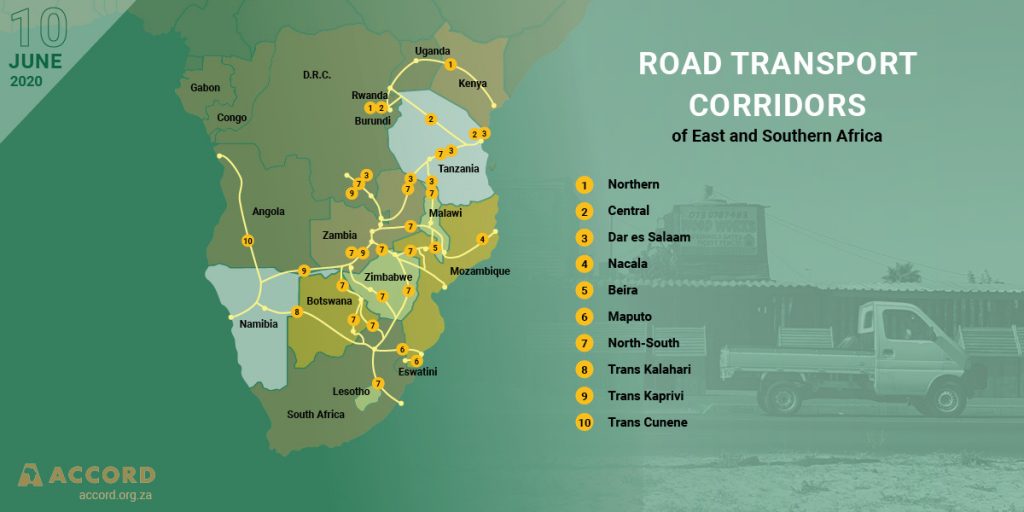
The United Nations Conference on Trade and Development predicted a fall of 27% in global trade in the second quarter of 2020 as a result of the measures imposed to reduce the spread of COVID-19. Whilst the exact impact COVID-19 will have on specific African countries is not yet known, it is already clear that some countries’ trade will be significantly affected, among others due to the disruption of cross-border cargo movement.
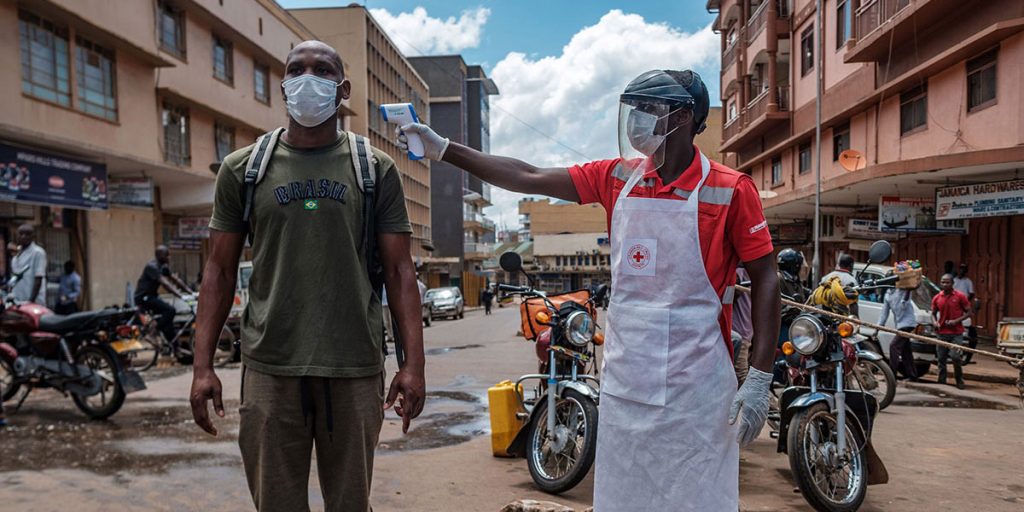
Despite public health constraints, widespread infectious disease and poor nutrition, COVID-19’s toll on Africa has so far been less than initially feared. The economic impact of COVID-19 may be longer lasting than the pandemic itself. But the situation changes daily and significant uncertainties remain. The comparatively low rates of coronavirus infections and deaths in Africa are in stark contrast to the high rates of infection and death elsewhere in the world, for reasons that remain unclear.
Despite public health constraints, widespread infectious disease and poor nutrition, COVID-19’s toll on Africa has so far been less than initially feared. The economic impact of COVID-19 may be longer lasting than the pandemic itself. But the situation changes daily and significant uncertainties remain. The comparatively low rates of coronavirus infections and deaths in Africa are in stark contrast to the high rates of infection and death elsewhere in the world, for reasons that remain unclear.